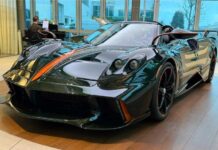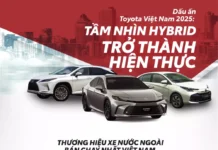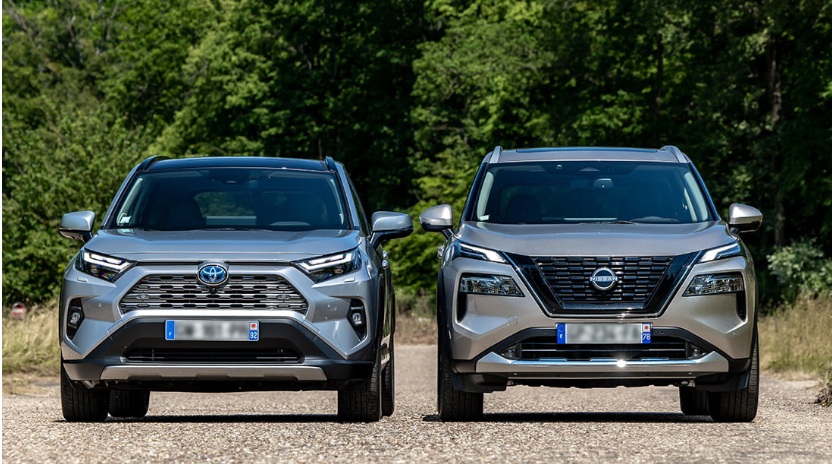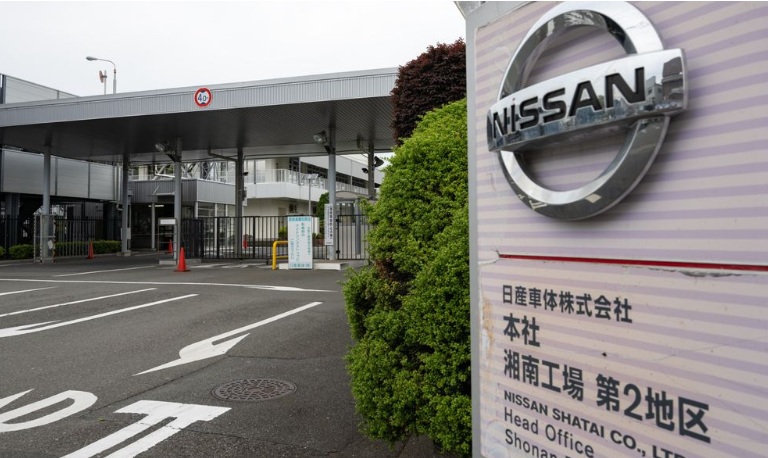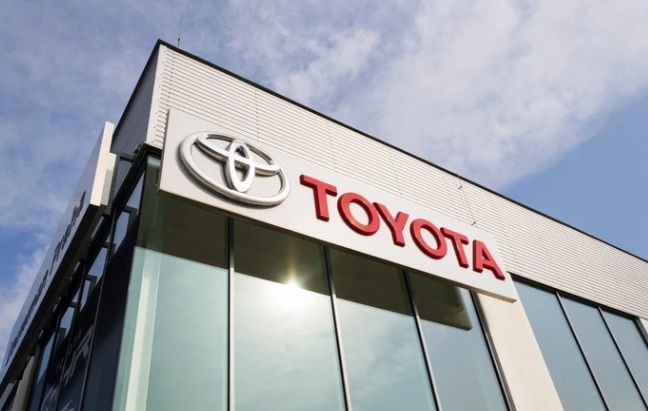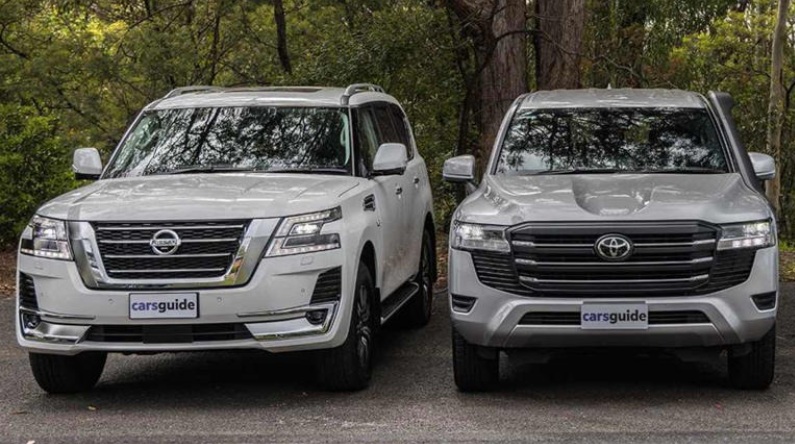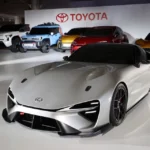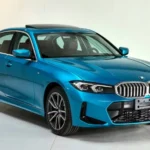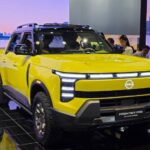Following the collapse of the Nissan-Honda merger in February 2025, Toyota has reportedly approached Nissan to discuss potential strategic collaboration.
This move, if confirmed, could significantly alter the landscape of Japan’s automotive industry, which is undergoing a powerful transition driven by electrification and software transformation.
On February 13, 2025, Nissan and Honda issued a statement announcing the end of their merger negotiations, which had commenced in late 2024 through a memorandum of understanding signed on December 23. The primary reason cited for the breakdown was the inability to reach a mutual agreement, notably Nissan’s opposition to becoming a subsidiary of Honda, which reportedly led the talks to a swift impasse.
While both companies continue to collaborate in areas such as electrification and software development, it is evident that they could not reach a consensus to take a significant leap forward through a merger. Observers argue that this breakdown highlights the internal turmoil within Nissan, as well as the mounting pressures forcing Japanese automakers to join forces to share research, production costs, and adapt to the electric vehicle trend.
In this context, the Mainichi Shimbun newspaper reported that a Toyota executive had approached Nissan to discuss potential forms of cooperation. This information was later quoted by Automotive News, although both Toyota and Nissan declined to provide official comments.
Speaking at the Consumer Electronics Show (CES) in January, Toyota Chairman Akio Toyoda dismissed the possibility of Toyota engaging in any major merger deals involving Nissan, citing concerns over antitrust laws. However, this perspective may have shifted following the collapse of the Nissan-Honda talks.
Over the years, Toyota has quietly built an extensive network of influence within Japan’s automotive industry, holding stakes in several major automakers: 20% in Subaru, 5.1% in Mazda, 4.9% in Suzuki, and 5.9% in Isuzu. Therefore, any potential partnership or equity exchange with Nissan would be highly strategic and potentially complex.
In reality, Chairman Akio Toyoda had expressed disappointment with the joint press release issued by Nissan and Honda after signing the memorandum of understanding for their merger. “There was no specific content about products, only vague terms like ‘growth momentum’ and ‘global leader in mobile vehicles,'” said Toyoda, implicitly criticizing the lack of substance in the rivals’ consolidation plan.
Nissan is currently undergoing a significant restructuring following years of product and global strategic misdirection. Under former Chairman Carlos Ghosn, Nissan had set an ambitious target of selling 8 million vehicles annually by 2020. However, according to company figures, in the fiscal year 2024 (ending March 31, 2025), Nissan’s sales reached only 3.3 million vehicles, less than half of its previous goal.
Product director Ivan Espinosa acknowledged that the “grow fast, fail fast” strategy during Ghosn’s era had left severe consequences. To restore operational efficiency, Nissan is aggressively cutting costs: reducing 20,000 jobs worldwide, closing seven plants, slashing parts complexity by 70%, and discontinuing six platform chassis productions. Nonetheless, the company remains committed to investing in its premium Infiniti brand.
Nissan is currently pinning its hopes on its strategic alliance with Renault and Mitsubishi to co-develop models sharing chassis, parts, and badge-engineered derivatives to optimize costs and time to market.
Although the details of the discussions between Toyota and Nissan are unclear, analysts argue that any form of collaboration, from sharing electric vehicle platforms to software development or even merging joint ventures in overseas markets, could bring significant benefits to both parties.
However, legal hurdles, cultural differences in corporate philosophy, and traditional competition between the two conglomerates may prolong the negotiation process or hinder concrete outcomes. While Toyota currently holds a dominant position in terms of sales, profits, and technology, Nissan is still struggling to find its long-term direction.
As the global automotive industry undergoes a powerful shift towards electrification and software, Japanese automakers cannot afford to go it alone if they want to remain competitive. The question now is not “whether to collaborate” but “who will lead the collaboration.”
TH (Tuoitrethudo)
Unveiling the First-Ever Nissan Plug-in Hybrid Pickup Truck at the 2025 Shanghai International Auto Show.
At the 2025 Shanghai International Auto Show, Nissan unveiled its highly anticipated new pickup truck, the Frontier PRO Plug-in Hybrid. This groundbreaking vehicle signifies a pivotal moment in the Japanese automaker’s electrification strategy, showcasing its commitment to innovation and sustainability. With the Frontier PRO, Nissan has seamlessly blended powerful performance and eco-friendly technology, taking a bold step forward in the evolution of pickup trucks.




